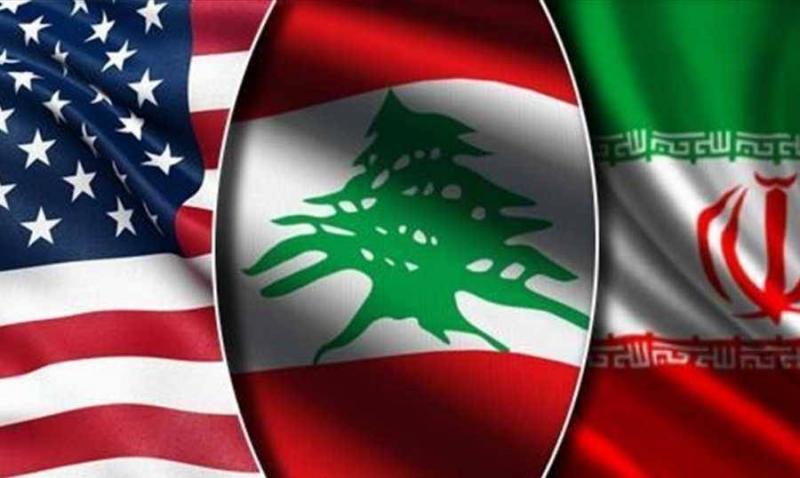There is an American variable in keeping up with developments in the Middle East through a strong return to the scene. Despite ongoing communications between Washington and Tehran, via Oman and others, the Americans are discussing the conditions of a new game with Iran, including Lebanon, according to "Al-Akhbar". As political forces have acknowledged their lack of role in the recent transformation in the Middle East, they have turned to the battle of the Engineers' Syndicate and celebrated it as a substitute for the presidential elections, trading it for an extension of the municipalities. Although Lebanon is at the eye of the storm, it does not appear to be genuinely concerned with what has occurred, focusing instead on following European countries' instructions to their nationals in Lebanon and the flight schedules of Western airlines coming from and to Beirut. Nonetheless, some circles have remained in contact with Western entities to monitor the potential implications of the recent shift on Lebanon, distancing themselves from the polarization between two opposing parties regarding the reality of the Iranian response and its results.
The conclusions reached from European and American information and analyses revolve around the following: Some countries have perceived the Iranian response as a shift in focus away from Gaza and what Israel might be planning for Rafah, noting that Iran's allies should be cautious about this, regardless of the celebratory rhetoric regarding the response to Israel. These countries consider the Iranian response a fundamental turning point similar to October 7, in that it has regrouped Western powers - and some Arab ones - alongside Israel, including the United Nations. While Iran and its allies, led by Hamas, generally regarded Western countries as entirely supportive of Israel, some effective Western voices, including governments, condemned Israel’s excessive responses toward the Palestinians and their starvation and siege.
These countries believe that the Iranian response has once again rallied these nations behind Israel, making it challenging to turn back the clock regarding renewed mobilization against Israel for what it might do moving forward. Here, the American factor comes into play concerning what it means for Lebanon. There is a complete separation between what is happening between Israel and Iran versus the situation between Israel and Hezbollah, where the battle is still ongoing. Israel shows no intention of halting it; on the contrary, what has leaked indicates the opposite.
What has changed is that the United States, in its military protection of Israel, has reactivated its role in the region more broadly on its ongoing communications with Iran. Communication channels via Oman or others have taken on a different standard following Saturday night in relation to confronting Iranian influence in areas where it has expanded. Just as Iran aimed to demonstrate its influence through its response in a region where it has been active for decades, the United States is looking to reassert its influence in areas it had abandoned at multiple junctures and will become stricter in confronting Iranian influence as Israel has directly engaged.
From here, American remarks suggest that the conditions of the game and the ongoing communication terms have evolved, and are no longer solely dictated by the American elections or the cadence of the war on Gaza with its normalization trends in recent weeks. What Washington considers a threat to Israel's security brings back to the forefront the existence of a single ally in the Middle East upon which the United States can rely, making Washington more alert regarding what was presented on the negotiation table. Since Lebanon is one of these key files, the game is no longer open or contingent upon mutual conditions regarding any settlement or arrangement affecting it. Anything that could be said about activating communications and reinforcing Resolution 1701 and the arrangements surrounding the southern situation will take on a different effect following the Iranian response.
Likewise, regarding the presidential file, Lebanon is no longer an absolute bargaining chip without considering the stakes involved. What Hezbollah and Iran had considered winning cards in the struggle against Israel since October 7 is no longer seen in the same light, nor does it serve as leverage against any countries active in Lebanon, particularly the United States. These changes will be central to any discussions about the southern situation and the presidency, whether with Iran or among the nations working towards establishing any agreement regarding the Lebanese situation. As much as the Iranian response and the dangers and expectations it opened up from Israel have distracted attention from Gaza and Rafah, Lebanon has become one of the variables that Washington wants to regain control over. However, this does not imply a hastening of any presidential or southern security activity, as the time is not yet right, and the road ahead for Lebanon and the region remains long, according to "Al-Akhbar".




